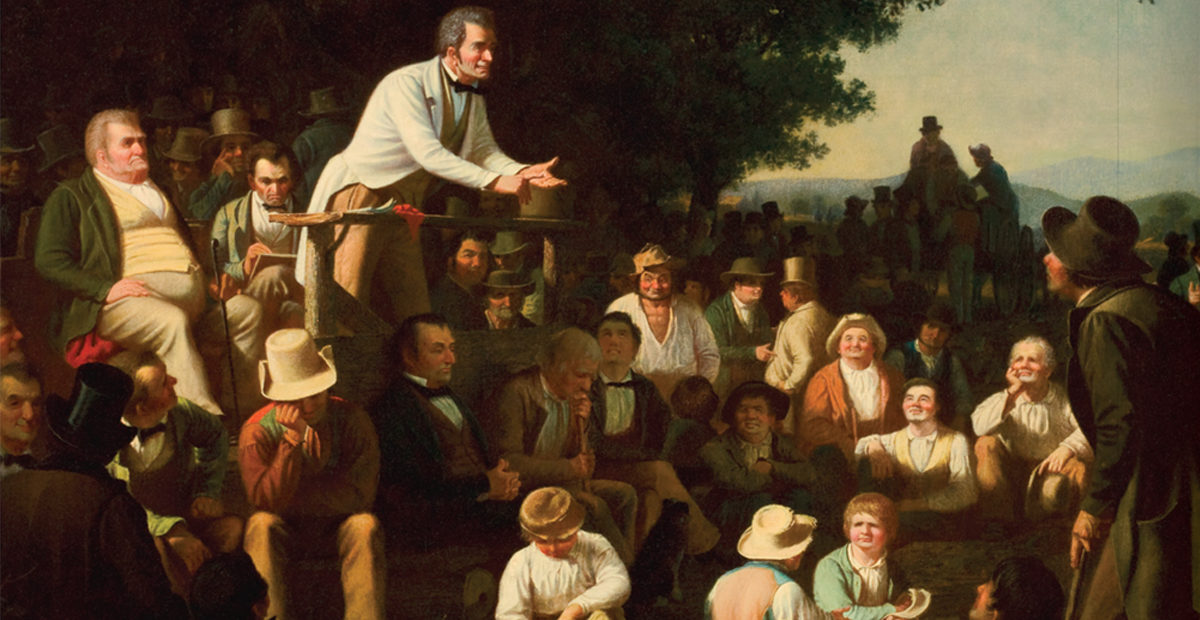
Technology, Transportation, and the Tunnel
The work of Discovery Institute’s ACES Northwest Network was recently featured in this Seattle Times article, authored by project co-chairs Tom Alberg and Bryan Mistele. The article highlights our efforts to advance autonomous, connected, electric and shared (ACES) vehicle technologies in the Pacific Northwest—especially during the so-called ‘Period of Maximum Constraint’ following the impending closure of the Alaskan Way Viaduct. Read More ›






